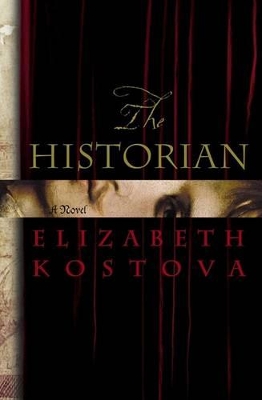
empressbrooke
Written on Jan 1, 2007
Kostova brings Eastern Europe to life in a way I've never seen even attempted in fiction before. From cities such as Istanbul and Budapest, to tiny villages in Romania, the author describes the sights, sounds, people, politics, and culture with such intensity that I could picture it and suddenly had an extremely strong desire to see it all myself. Without this element, the book would have been much less interesting.
The plot is as intriguing as the setting; despite being spread out over 40 years, there's a sense of urgency coupled with extreme creepiness that drives the story forward. As the characters get closer to discovering Dracula's secrets, they're warned off in violent ways. The story moves between all three time periods effortlessly and clearly. It's a more cerebral DaVinci Code, and the author seems to champion using the past for guidance on how to handle the present.
The book's only weakness is its ending; without revealing much, all I could think was, "What? That's IT? THAT'S why?" It folds nicely into the historical themes, but seems to be at odds with the direness that propelled the plot. A brief explanation was given for this, but it just seemed lame. If anyone wants to counter on me this, I welcome it, since I'm dying to find reasons to consider the ending just as wonderful as the rest of the book.
Heartily recommended.

